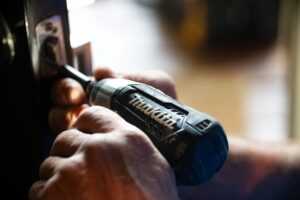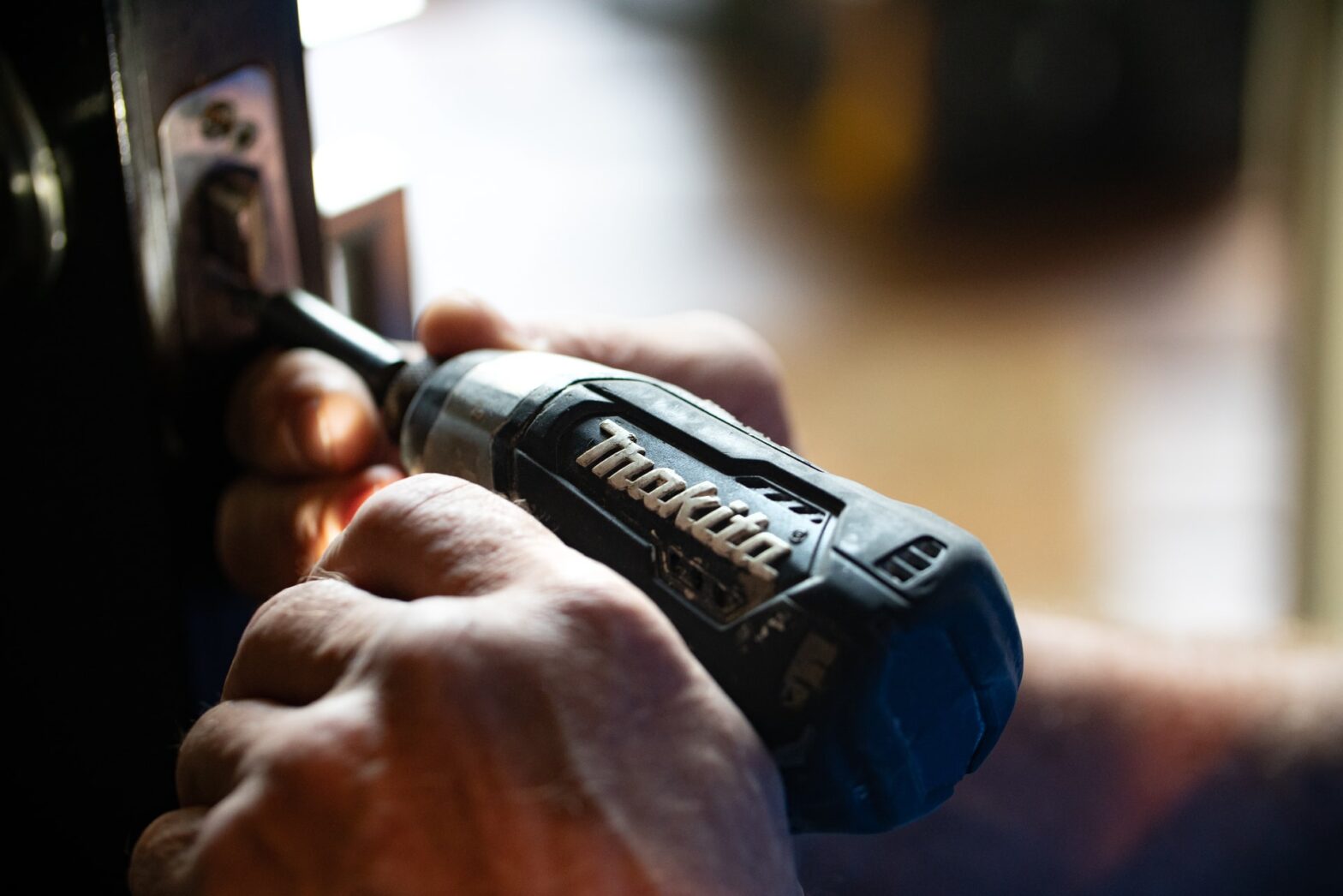Flipping homes is the process of purchasing properties that need renovations, completing the necessary work, and selling the properties at a profit. You can make a full-time job out of flipping houses or simply pursue it as one of many investment avenues. Before you begin, it’s important to consider all the licenses, funds, and other tools that you may need.
What is a Contractor’s License?

A contractor’s license allows you to legally take on the prime contract for a construction project. A license isn’t required for all construction projects, but it is typically required above a certain value threshold. While you may be able to legally take on some construction projects without a contractor’s license, it’s greatly preferred by those looking to hire a general contractor for their jobs.
Who Needs a Contractor’s License?
A contractor’s license is usually necessary for individuals who want to take on professional contracting jobs as their primary means of income. Having this license will make you more competitive in this field because it gives you a great deal of credibility and increases your earning potential. Customers are usually more likely to hire a licensed contractor than an unlicensed one.
If you don’t intend to work as a general contractor, you don’t need to carry a contractor’s license. Investors who plan to flip houses can do so very successfully without any kind of licensure. Many such investors are primarily interested in the business side of real estate investing. In this case, they will purchase the properties, hire contractors to manage the renovations, and sell them again for a profit.
If you prefer to work on the real estate yourself and have adequate experience as a contractor, you can do renovations on your own properties without a license. If you own the property, you don’t have to worry about outbidding other contractors or maintaining a license to increase your hireability, as you will act as your own boss. As far as the legality of your real estate investments is concerned, there’s no need to maintain a contractor’s license to flip houses.
The Benefits of Having a Contractor’s License
There are some upsides to getting a contractor’s license if you plan to be deeply involved in the renovation of your properties. Many of these benefits simply come from the required education that you’ll need to pursue to get the license. Once you have the appropriate education and experience, you’ll know:
- How to inspect a property on your own and identify the repairs that are needed.
- How to properly estimate the repair costs associated with a project.
- How long it will take to complete the necessary repairs on a property.
With this information alone, you’ll be better equipped to assess different investment opportunities and decide which one is right for you. Without in-depth knowledge in this area, you’ll need to continually rely on an outside inspector and contractor to give you detailed estimates, quotes, and recommendations for your real estate properties. Outsourcing your research makes sense if you’re investing in just one property at a time. But investors who plan to flip a number of houses in a short period may benefit more from a DIY approach than from working with — and paying — a large team.
A contractor’s license can also give you the authority to pull permits for your renovation projects. Some states require this licensure to get building permits. If you don’t have a license, you’ll need to work with a contractor who does to get the appropriate permits lined up for your project.
Finally, having a contractor’s license will ensure that you’re in the clear if you want to handle renovations personally or oversee renovations while acting as the general contractor. While you can do a great deal of this work without a license, having one ready helps eliminate some liabilities and ensures that you have the appropriate insurance coverage in place for contracting projects.
How Do I Get a Contractor’s License?
The requirements for a contractor’s license vary by state. Still, most states require proof of education and relevant work experience. For example, in Florida, you must complete four years of education in a training program or vocational school or have two years of vocational training and at least two years of work experience. Florida also requires that you demonstrate financial stability and carry at least $300,000 worth of liability coverage.
What Do I Need to Flip a House?
If you’re planning to flip houses in Florida, it’s important to have a clear plan for every step of the project. While you don’t need to have a contractor’s license, you do need:
- Adequate funds: If you’re planning to flip a property, you should have at least 20% of the purchase price in hand as a down payment. It’s generally advised that you have at least 18 months’ worth of mortgage payments ready as well. You may be able to fund your project with financing such as a fix and flip loan.
- Real estate knowledge: You should have a detailed knowledge of the real estate market that you’re investing in before you make your purchase. You should know how much homes in the neighborhood are worth, whether home values here are trending up or down, and how desirable the area is for buyers.
- A detailed budget: Before you purchase a home to flip, create a detailed budget that covers all of the necessary renovations. Ensure that the cost of the home plus the cost of the renovations is still less than what you can expect to sell the home for.
- Plans for your renovation: Create a timeline for your renovation and make sure the project can be completed in a reasonable amount of time. If you’re not acting as the general contractor yourself, consult with one to determine how long each phase of the project will take.
A contractor’s license isn’t as important as reliable funding when it comes to flipping homes. Our private money lenders at Titan Funding can help you fund your investment so you can begin making a profit flipping homes.

